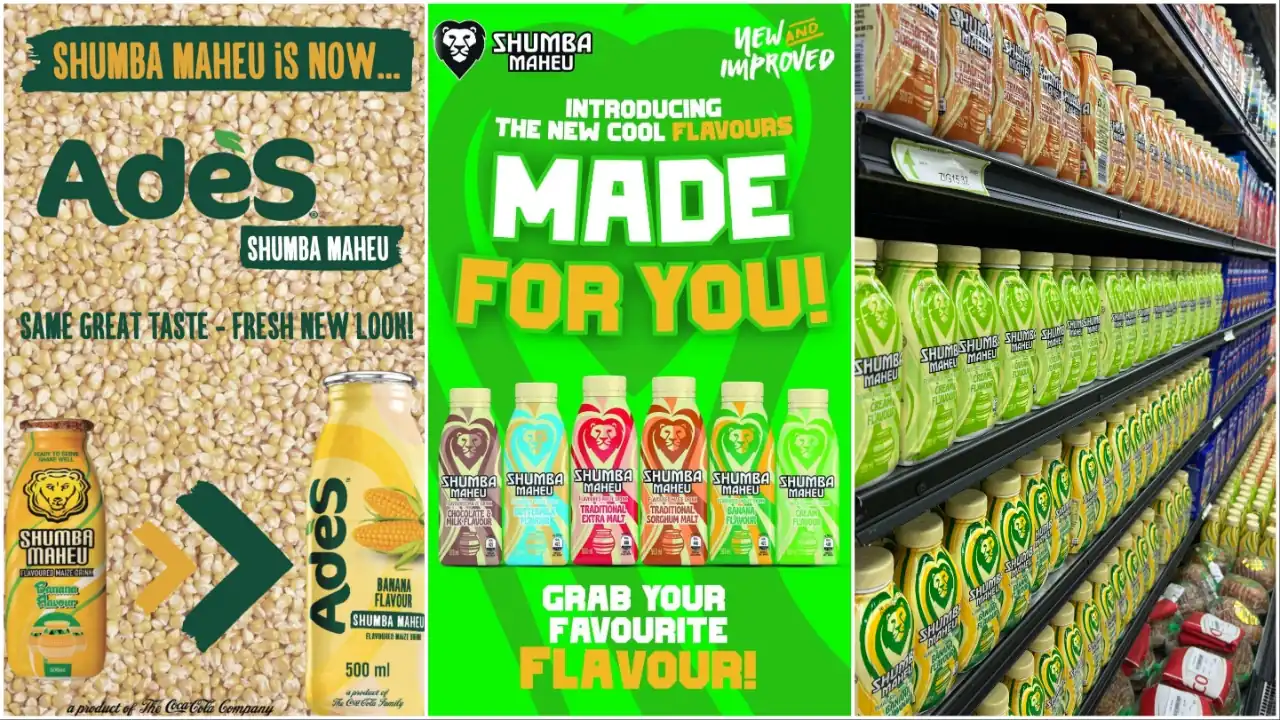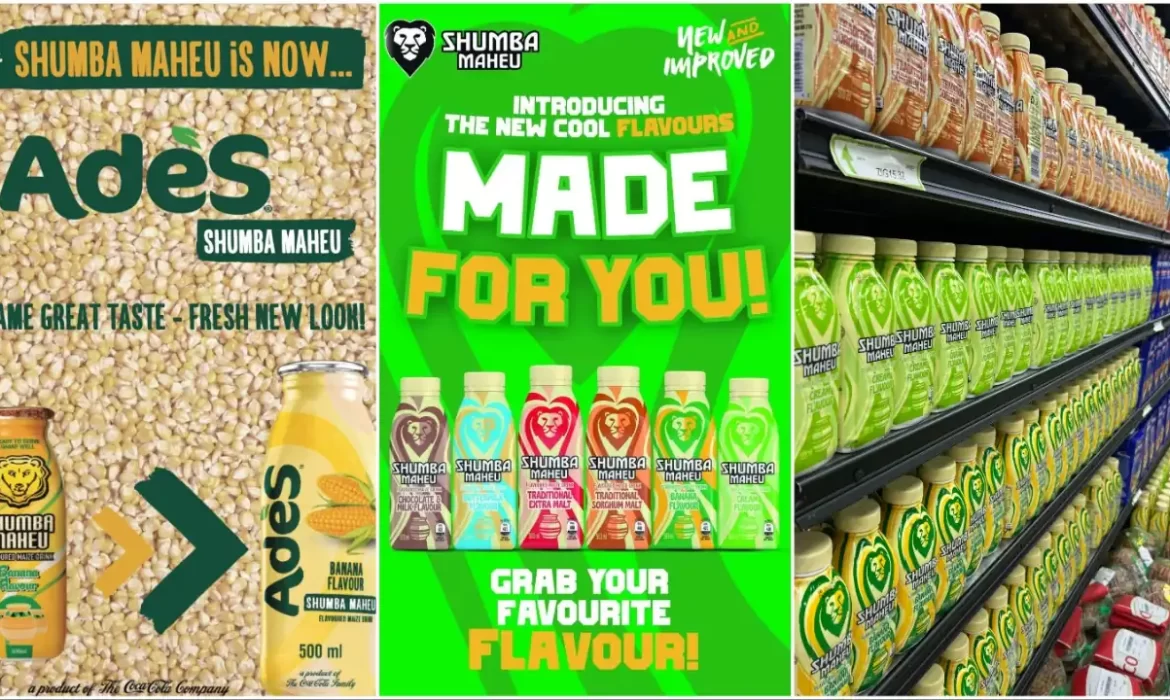When Branding Fails: Delta Rebrands Ades Back to Shumba Maheu Two Years After Poor Sales
Delta Corporation has reversed its decision to rebrand Shumba Maheu to Ades following widespread consumer rejection and a significant drop in sales. The company’s move highlights the risks of imposing global branding strategies on local markets, where cultural nuances play a critical role in consumer loyalty.
Sales Plummet After Global Rebranding
In 2022, Delta rebranded its popular Shumba Maheu as Ades after Coca-Cola acquired the Ades brand from Unilever.
This move was part of a strategy to align all plant-based beverages under a unified global brand. However, the decision quickly backfired.
Sales of the maheu product, which is traditionally marketed as a culturally significant beverage in Zimbabwe, declined sharply.
Commentator Ranga Mberi summarised the problem in a tweet, stating,
“Last year, Delta had to rebrand its Shumba Maheu to Ades after a global deal. But the rebrand was not a hit with Shumba ‘loyalists’. Delta says: ‘Maheu volume declined by 12% during the year partly due to slower uptake on switching to the Ades brand.’”
In another post he added,
“In 2022, Delta rebranded Shumba Maheu to Ades. After Coke bought Ades from Unilever, all plant-based products were branded under Ades. Didn’t work. Sales fell. A lot! Now they’ve relaunched Shumba Downsides of big global branding: easy sometimes to miss local brand realities”
Retailers also noticed a stark difference in demand. One retailer explained,
“I can sell 100 cases of Pfuko in a week, but I need a month to sell 10 cases of Ades Maheu.”
The rebranding misstep confused and alienated a loyal consumer base that had come to associate the Shumba brand with cultural and emotional significance.
A Name That Missed the Mark
One of the biggest criticisms of the Ades rebranding was its name. Social media users pointed out that the name lacked resonance in the local market and, worse, carried negative connotations.
Nqaba Matshazi noted,
“The name is just terrible. For some, it may rhyme with AIDS. They should have looked at the history of Ayds, a once-popular brand that suffered because of HIV/AIDS.”
Cultural relevance was another point of contention. Kuda Mak, a commentator, questioned the thought process behind the decision, tweeting,
“You can’t just rip people away from something they have built such a strong bond with and plonk them into a space that draws an absolute cultural, emotional, and psychological blank. What is Ades? What exactly was it meant to invoke in the mahewu-sphere?”
Loyalists Demand a Return to Shumba
Consumers had strong attachments to the Shumba Maheu brand, which they saw as a part of their cultural identity.
The switch to Ades not only failed to win over new customers but also alienated long-time buyers. The packaging and branding were also a point of contention.
One user quipped,
“Ades yakaramba kutambirika zvachose… they should also bring back the old container.”

Delta Admits Mistake
Acknowledging the backlash and the financial consequences of the rebranding, Delta made the decision to return to Shumba Maheu.
Delta’s attempt to align with an international brand strategy underestimated Zimbabwean consumers’ connection with Shumba Maheu.
A Crowded Market
The maheu market in Zimbabwe is competitive, with established brands like Pfuko Maheu from Dairibord and Revive from Simbisa dominating shelves.
Social media user @zimpricecheck noted,
“The maheu market belongs to Simbisa and Dairibord. Pfuko and Revive are powerhouses that are difficult to unseat. That rebranding was odd. The first rule of selling maheu is to emphasise their traditional aspect.”
What’s Next for Delta?
Delta’s reintroduction of Shumba Maheu may repair its relationship with loyal consumers, but the incident has likely provided a lasting lesson in branding.
Follow Us on Google News for Immediate Updates
The post Rebranding Disaster: Delta Brings Back Shumba Maheu After Ades Branding Flop appeared first on iHarare News.










 Zim Instantly via Simplex Solutions
Zim Instantly via Simplex Solutions